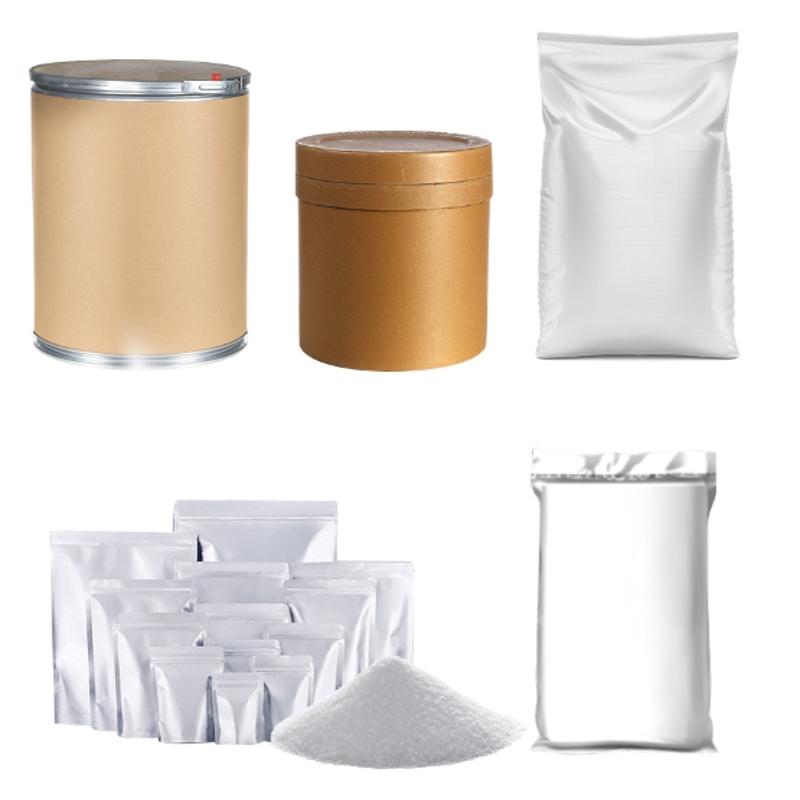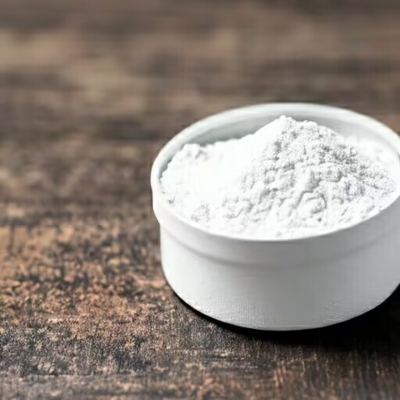-
Categories
-
Pharmaceutical Intermediates
-
Active Pharmaceutical Ingredients
-
Food Additives
- Industrial Coatings
- Agrochemicals
- Dyes and Pigments
- Surfactant
- Flavors and Fragrances
- Chemical Reagents
- Catalyst and Auxiliary
- Natural Products
- Inorganic Chemistry
-
Organic Chemistry
-
Biochemical Engineering
- Analytical Chemistry
- Cosmetic Ingredient
-
Pharmaceutical Intermediates
Promotion
ECHEMI Mall
Wholesale
Weekly Price
Exhibition
News
-
Trade Service
Nocturnal enuresis (NE) is a serious health problem that affects about 15% of children over the age of 5, with many negative effects on
children and their families.
Currently, standard treatments for NE include alarm therapy, desmopressin, anticholinergics, and tricyclic antidepressants
.
However, about half of children are not treated effectively
.
Previous studies have reported that fluoxetine has anti-enuretic effects
in the treatment of adolescents with poor mood.
Therefore, investigators evaluated the efficacy and safety
of fluoxetine in the treatment of refractory primary single-symptom nocturnal enuresis (PMNE) in children.
The results of the study were published in The Journal of Urology, and the medical pulse is summarized as follows
.
The spontaneous resolution rate for NE was reported to be 15%, but there were still 1%-2% of adolescents and 2%-6% of adults who continued bedwetting
.
NE affects children's quality of life; On the other hand, treating NE can improve children's self-esteem and mental health
.
About half of children do not respond to existing treatment options, and the high recurrence rate of NE also leads to a high rate of
discontinuation.
The investigators evaluated the efficacy and safety of fluoxetine in the treatment of refractory primary single-symptom nocturnal enuresis (PMNE) in children with a view to finding new and more effective regimens
for treating NE.
The study included children
aged 8 to 18 years who did not respond to alarm therapy, desmopressin, and anticholinergic drugs and had severe PMNE.
Eligible patients were randomly assigned to the fluoxetine group (10 mg daily) or placebo group, and treatment lasted for a total of 12 weeks
.
The main findings were treatment response rates (4 weeks, 8 weeks, and 12 weeks) as defined by the International Association for Pediatric Urine Control (ICCS
).
Secondary findings were treatment-related adverse events and night sickness in
children.
A total of 150 pediatric patients were included in the study, of which 110 were included in the final analysis (mean age 11.
8 years; 56 in the fluoxetine group and 54 in the placebo group).
After 4 weeks of treatment, the proportion of patients who achieved complete and partial remission (50%-99% reduction in bedwetting) in the fluoxetine group was 7.
1% and 66.
1%, respectively, significantly higher than 0% and 16.
7% in the placebo group (p<0.
001).
<b10> At 12 weeks of treatment, the proportion of patients in the fluoxetine group who achieved complete and partial remission was 10.
7% and 21.
4%, respectively, significantly higher than 0% and 14.
8% in the placebo group (p=0.
023).
Table 1 Analysis table of patient remission at different time points
Patients in the fluoxetine-treated group had fewer days of nocturia than placebo: 4.
7 (SD 4.
2) vs 9.
7 (SD 3.
5, p<0.
001) at 8 weeks, 5.
7 (SD 4.
4) vs 9.
9 (SD 3.
4, p<0.
001) at 12 weeks, and 7.
5 (SD 4.
6) vs 9.
9 (SD 3.
4, p=0.
003)<b10> at 12 weeks.
Fluoxetine can effectively improve the nocturnal status of patients with NE (p=0.
017).
Only 5 patients (8.
9%) of the studies experienced mild and rapid reversible adverse events
.
Fig.
1 Number of days of nocturia in two groups of patients at different time points
As a selective serotonin reuptake inhibitor (SSRI), fluoxetine is a safe and effective treatment regimen for refractory PMNE in children and adolescents with a good
initial response.
But over time, the remission rate gradually decreases
.
References
Hussiny M, Hashem A, Soltan MA, Helmy TE, El-Kenawy MR, Abdelhalim A.
The Safety and Efficacy of Fluoxetine for the Treatment of Refractory Primary Monosymptomatic Nocturnal Enuresis in Children : A Randomized Placebo-Controlled Trial.
J Urol.
2022 Aug 31.
Edit: LR
Reviewer: LR
Execution: Wang Mumu







